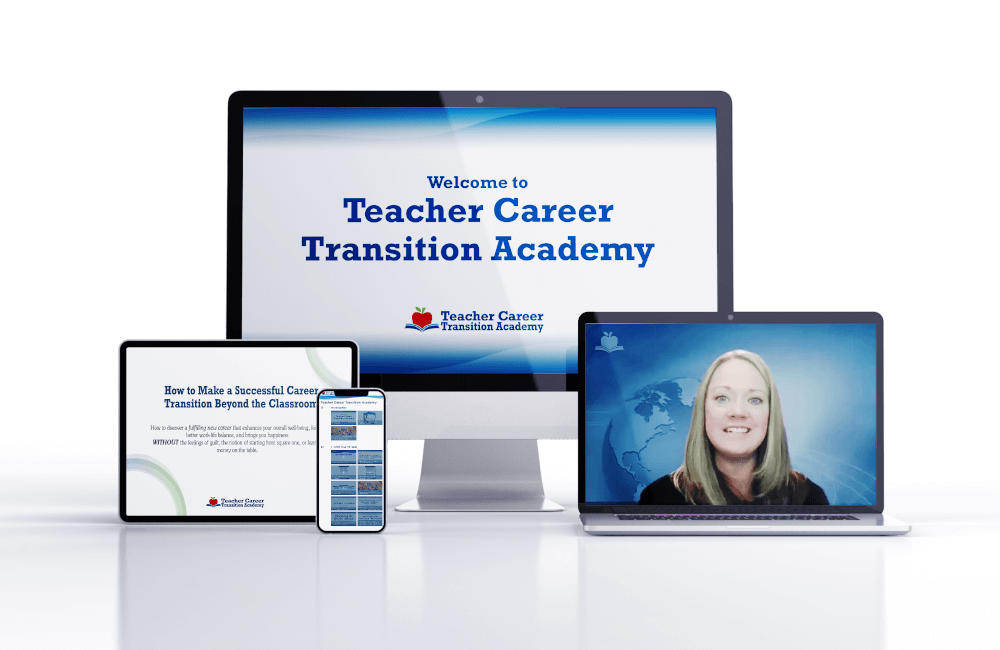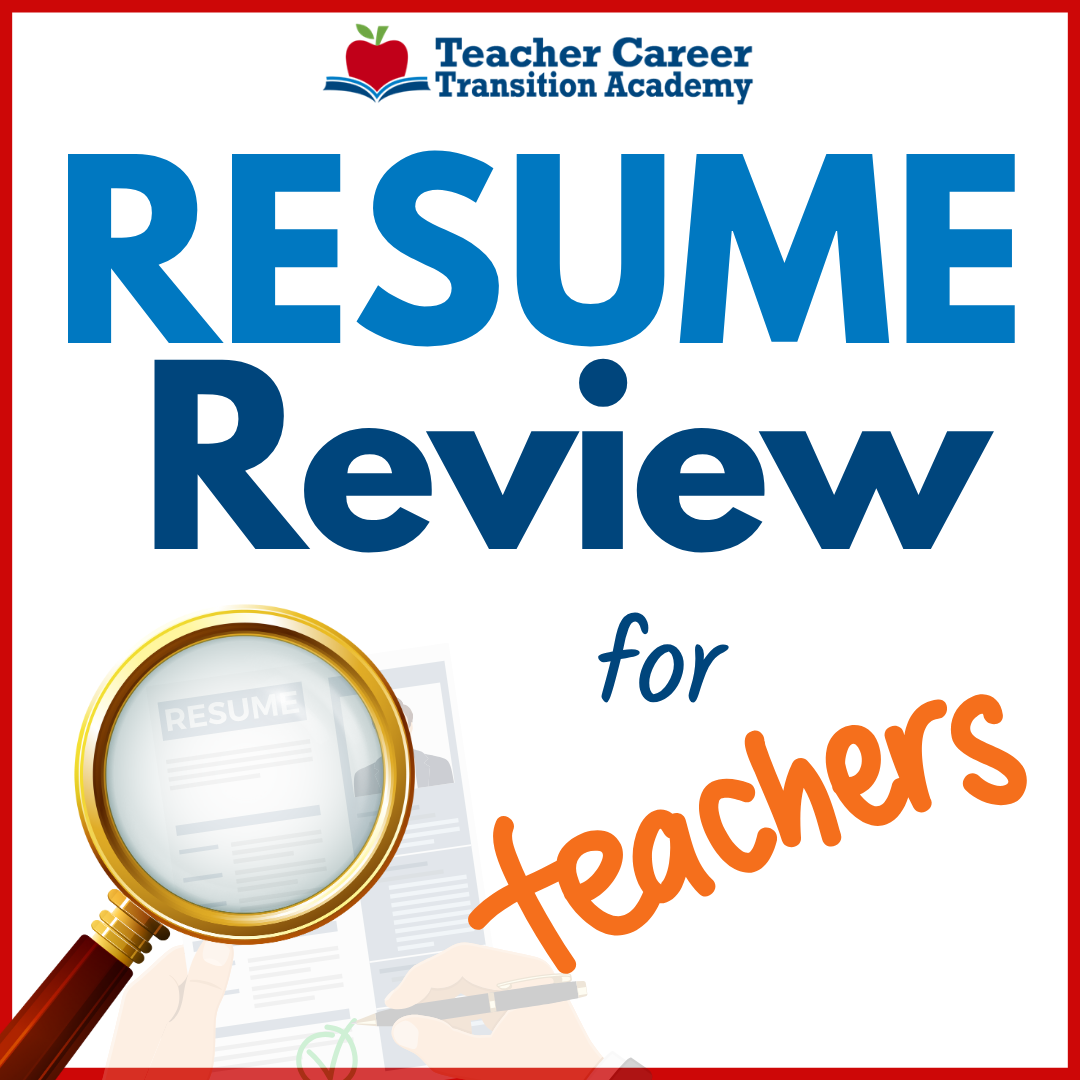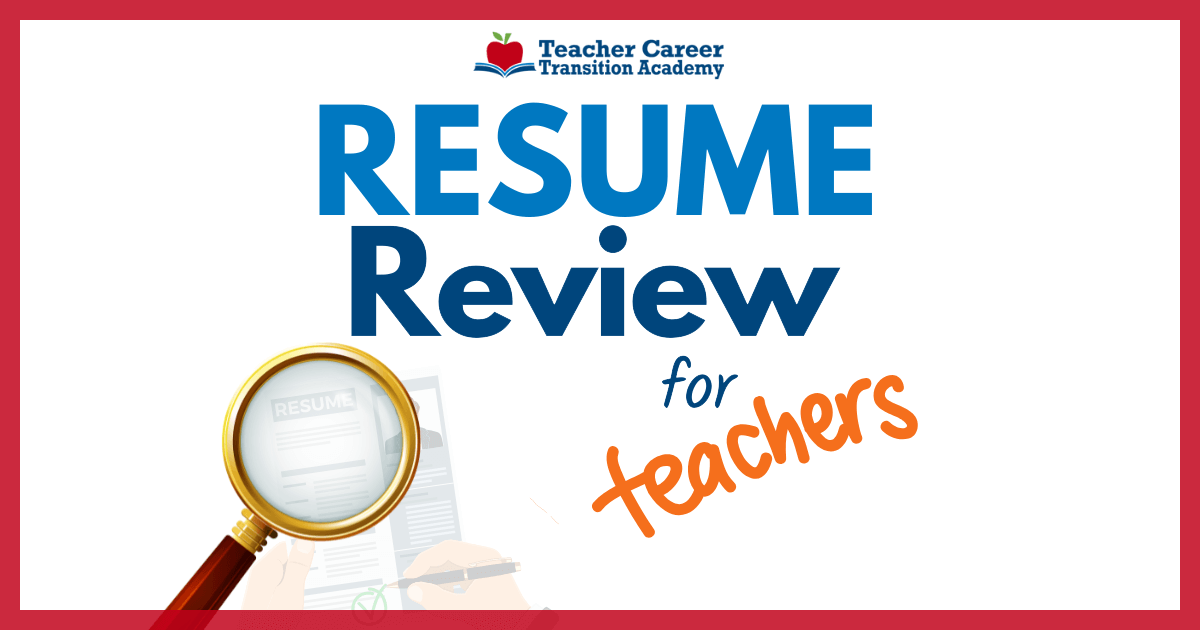
Transitioning from a teaching career to a new field can be both exciting and daunting. The process of navigating a career change requires careful planning and support. In this blog post, we will explore an essential step for career transition: making an impression on your interview through exuding confidence. In this guide we’ll discuss creating a board of directors, and why having a diverse board is crucial and how it can help you gain confidence, understand your strengths and blind spots, and excel in job interviews. Additionally, we'll delve into the importance of preparation, crafting your story, and asking insightful questions during interviews. Let's dive in!
Step #1: Assemble Your Personal Board of Directors
Your personal board of directors is like a company's board, consisting of 5 to 10 individuals who provide guidance and support throughout your career transition. These people should know you well and offer valuable advice specific to your professional growth. While colleagues and friends may be part of your board, it's important to include individuals from diverse fields and industries for a broader perspective.
Diversity is Key:
Having a diverse board of directors is essential to obtaining the best advice. While including former colleagues or administrators who have witnessed your work is valuable, incorporating professionals from outside education offers fresh insights. Embracing various perspectives will help you make informed decisions and navigate your career change successfully.
The Benefits of a Personal Board of Directors:
Building a personal board of directors provides numerous benefits, particularly in the context of job interviews. Your board members can help you understand your strengths, identify blind spots, learn different leadership styles, and offer feedback on projects. Moreover, they can introduce you to individuals in their networks, hold you accountable, and provide invaluable support throughout your career journey.
Taking Action:
To establish your personal board of directors, create a list of 5 to 10 people whom you trust and who have your best interests at heart. Schedule time to connect with them, either through calls, emails, or virtual meetings. Discuss specific questions to gather insights about your strengths, unique qualities, impact, misconceptions, and potential professional paths. Capture common themes and aha moments to leverage during job interviews.
Step #2: Preparation Leads to Confidence
When it comes to job interviews, preparation is the key to building confidence. The more time and effort you invest in preparing, the more confident you'll be during the interview process. Draw from your experiences as a teacher, where preparation played a crucial role in your success.
Practical Steps for Preparation:
Research the company you're interviewing with to demonstrate your interest and knowledge. Practice in front of a mirror, conduct mock interviews with friends or mentors, and record yourself to review and improve. Attend networking events to enhance your conversational skills and build confidence in discussing your career transition. Pursue excellence rather than perfection, recognizing that thorough preparation will enhance your confidence.
Crafting Your Story:
Craft a compelling story about yourself, divided into three parts. Start with an overview of your career journey, highlighting key professional experiences that inform your current direction. Next, explain why you are the right fit for a new opportunity, emphasizing relevant skills and accomplishments. Finally, articulate how a company would benefit from having you as part of their team. Tailor this story to each position or organization you interview with.
Preparing Your Questions:
Always prepare thoughtful questions for your interviewers. Consider asking about company misconceptions, the company's future trajectory, how success will be measured in the role, and how the position aligns with the company's goals. Additionally, utilize recent news articles about the company to ask insightful questions that demonstrate your interest and preparedness.
Handling Unfamiliar Questions:
If faced with a question you don't know the answer to, be honest and transparent. State that you don't have the answer but explain how you would go about finding the answer. Showcase your problem-solving skills, resourcefulness, and willingness to learn. You can mention that as a teacher, you have experience in quickly adapting and finding solutions when faced with new challenges. This demonstrates your ability to handle unexpected situations and learn on the job.
Step #3: Leverage Your Teaching Experience
As a teacher transitioning to a new career, your teaching experience is a valuable asset that can set you apart from other candidates. Highlight the transferable skills and qualities you've developed as an educator.
Transferable Skills:
Identify the transferable skills you have gained through teaching, such as effective communication, problem-solving, teamwork, adaptability, and leadership. Showcase how these skills can be applied to the new field you're entering. Provide specific examples of how you have used these skills to achieve positive outcomes in your teaching career.
Emphasize Impact:
Illustrate the impact you've had as a teacher. Share stories of how you've made a difference in students' lives, improved educational programs, or collaborated with colleagues to drive positive change. Employers value candidates who can demonstrate tangible results and the ability to make a meaningful impact.
Highlight Learning and Growth:
Showcase your willingness to learn and grow. Talk about professional development opportunities you've pursued, such as attending workshops or earning certifications, to enhance your skills. Highlight instances where you took on new challenges or implemented innovative teaching strategies, showcasing your adaptability and growth mindset.
Step #4: Network and Seek Mentorship
Networking and seeking mentorship are crucial aspects of a successful career transition. Take the time to expand your professional network and connect with individuals in the field you're transitioning into. Attend industry events, join relevant professional associations, and utilize online platforms like LinkedIn to make meaningful connections.
Seek out mentors who have experience in your desired field. They can provide guidance, insights, and valuable advice as you navigate your career transition. Reach out to professionals through networking events or mutual connections, and express your interest in learning from their experiences. A mentor can offer valuable insights into the industry, help you expand your network, and provide support and encouragement during the transition.
Step #5: Gain Practical Experience
To increase your chances of landing a job in your new field, consider gaining practical experience through internships, volunteering, or freelancing opportunities. This hands-on experience will not only enhance your skills and knowledge but also demonstrate your commitment and dedication to the new field.
Seek out opportunities that align with your career goals and allow you to apply the transferable skills you gained as a teacher. Look for projects or positions where you can showcase your problem-solving abilities, teamwork skills, and adaptability. Even if these opportunities are unpaid or part-time, they can provide valuable experience and make you a more competitive candidate when applying for full-time positions.
Additionally, consider pursuing further education or training programs that can provide you with specific skills or certifications relevant to your new field. These programs can enhance your qualifications and demonstrate your commitment to professional growth and development.
By following these five steps - reflecting on your motivations, leveraging your teaching experience, networking and seeking mentorship, gaining practical experience, and pursuing further education or training - you'll be well-prepared to transition from a teaching career to a new and exciting field. If you haven’t yet, join LearnWorld’s Facebook Group, Teacher Career Transitions (LearnWorld).
About This Post:
This blog post is based on information shared within the Teacher Career Transition Academy. To learn more about this particular topic, refer to the video title “Approaching a Job Interview with Confidence” located within the Teacher Career Transition Academy.





